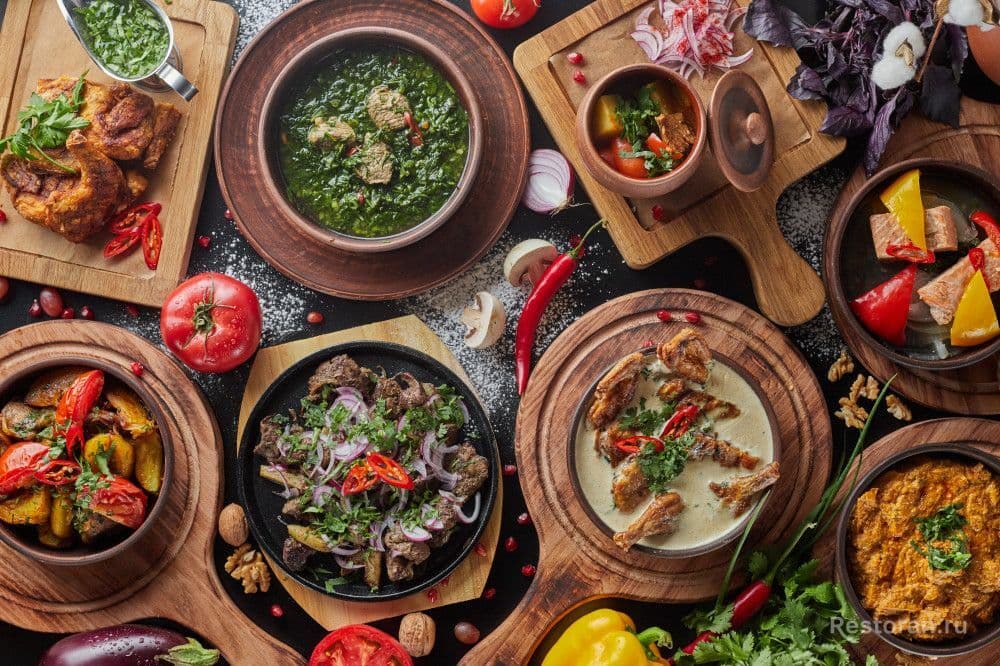Restaurant Marketing: How to Attract Guests After Graduation?

After completing culinary school or a degree in hospitality, many graduates face a simple but pressing question: how to turn acquired knowledge into a flow of guests, real revenue, and brand recognition? Theory is the foundation, but the reality of the restaurant business in Portugal requires flexibility, understanding of the local audience, and the ability to use digital tools that once seemed secondary.
The first and most important step is to build your own positioning. You must clearly define who your target audience is, what values the establishment reflects, and how it differs from others. In Portugal, especially in tourist areas, restaurants often compete not only through cuisine but also through atmosphere, music, and even interior themes. This means that marketing must be an integral part of the overall concept.
Graduates, especially young entrepreneurs, often get carried away with visual presentation on Instagram and forget about a comprehensive strategy. Posts and stories are good, but without understanding analytics, seasonality, and the habits of locals (including tourists), the effect will be short-term. This is where digital thinking becomes particularly helpful — a skill that can be developed not only in academic courses but also by observing other industries. For example, casino online Portugal has long demonstrated how important personalization, gamification, and skillful audience engagement through digital channels are. This experience can serve as a foundation and be adapted to the restaurant business.
Attracting the First Guests: From Word-of-Mouth to Targeting
When a venue has just opened or is still in its early development stage, it does not have the luxury of large budgets. Therefore, the focus should be on so-called organic marketing. Here, word-of-mouth becomes crucial, especially in small towns or resort areas. First-time guests should feel not just cared for but involved — this turns them into informal brand ambassadors.
The next step is the smart use of social media. In Portugal, Instagram and Facebook are particularly popular, with TikTok gaining momentum among younger audiences. However, the content must be authentic: no “stock” food, only real footage, genuine emotions, behind-the-scenes kitchen moments, and stories from the chef. Live streams during dish preparation or menu tastings work exceptionally well.
Local targeting should not be overlooked. Modern advertising platforms allow you to set up ads to be seen by residents of a specific neighborhood or even a particular street. This is especially important in tourist areas, where each evening can determine whether the restaurant is full or empty.
Collaborations and Events: Enhancing the Sense of Presence
One of the most effective ways to attract attention after launching a restaurant is through collaborations. These can be joint evenings with local wineries, gastronomic pairings with artisan cheesemakers, or even performances by emerging musicians. The key is that it aligns with the atmosphere of the establishment. Such events not only generate content for social media but also form an emotional connection with the audience.
A good example is private dinners with a limited number of seats available only through pre-registration. This creates a sense of exclusivity and sparks interest. Another option is hosting cooking workshops by the chef. This not only boosts engagement but also highlights the team’s expertise.
Loyalty Programs and Working with Reviews
After attracting initial guests, it’s important to keep their attention. This is where loyalty programs come into play. In Portugal, simple solutions work well — a discount on the fifth visit, a free dessert on a birthday, or a bonus for bringing a friend. But the key is not just the bonuses — it’s the attitude. If a guest feels remembered, called by name, and their preferences are noted, they will come back.
Reviews play a particularly important role. Many restaurant school graduates underestimate the power of Google Maps and Tripadvisor. However, this is where users often search for a place to eat in a new neighborhood. Responding to reviews, especially negative ones, is part of marketing. A guest who receives a respectful and helpful reply often changes their mind — and returns.
Digital Analytics: Seeing Behavior, Not Just Numbers
A modern restaurant must not only cook well but also analyze guest behavior. This involves not only POS systems and online bookings but also collecting digital footprints: who visits the website, where they stay the longest, which promotions attract attention, and which are ignored.
Analytics helps build marketing strategies based not on intuition but on data. This is how successful online services operate: they monitor user behavior, adapt offers, and improve experiences based on real scenarios. The restaurant business can and should learn from them, adapting the tools to its own specifics. For example, by using personalized email invitations, push notifications about events, and even bonuses for the next visit.
Conclusion: Strategy Matters More Than Grand Openings
After completing training, the key task is not only to prepare a delicious dish but also to ensure that people try it. Ideal restaurant marketing is not about balloon-filled opening events but about consistent audience work, honest dialogue, digital flexibility, and the ability to see what really matters to the guest.
The Portuguese market is open but competitive. Success goes not to those with the biggest budgets, but to those who understand what guests want. And to those willing to learn not only in the classroom but also from related industries — from winemakers to casino online Portugal developers. Success in the restaurant business is not just about food. It’s about storytelling, trust, and creating an experience people want to return to.